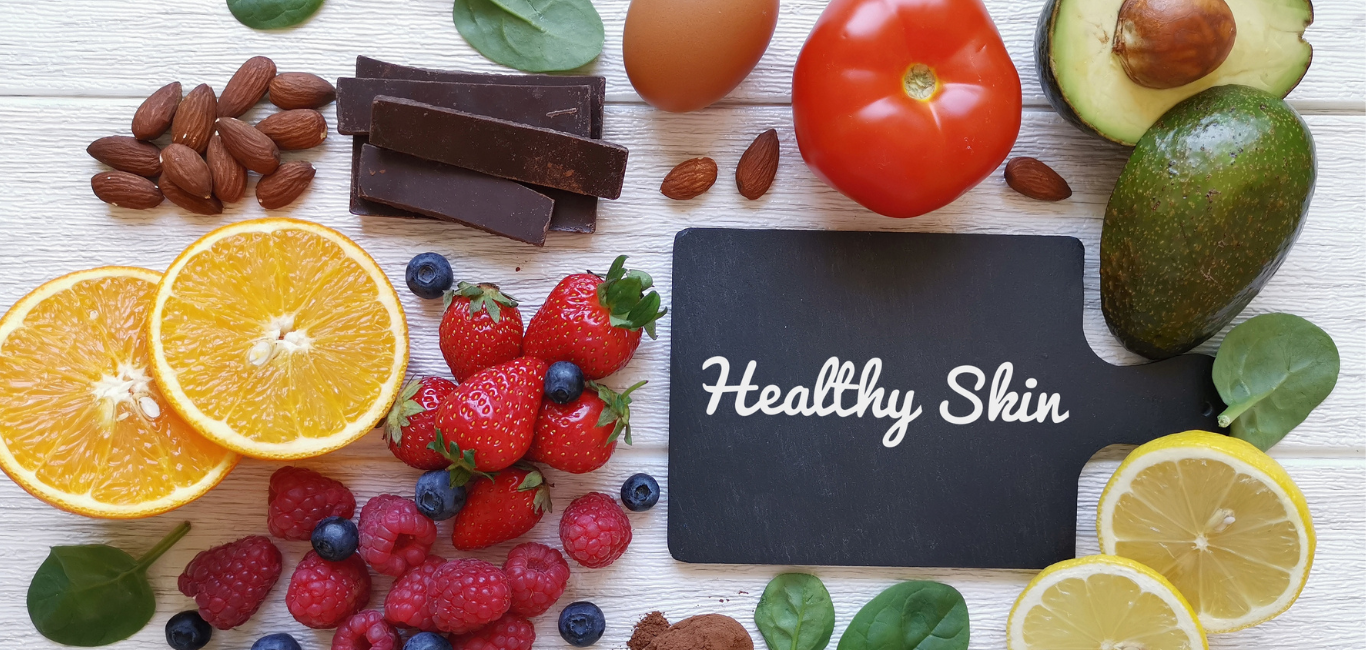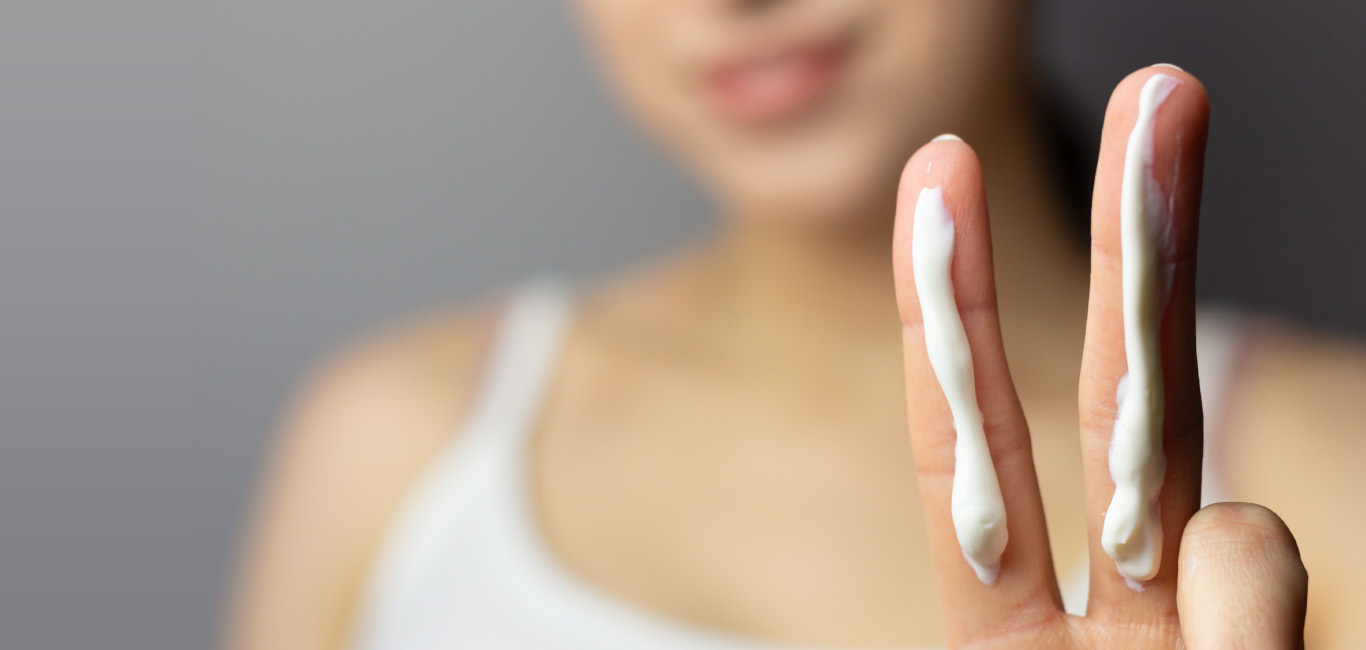
Instagram reels have popularised elaborate night skincare routines. Although foaming, cleansing, toning, and rejuvenating with serums and oils are essential for healthy skin, are we not missing something in the mix? While surface-use products help with the glow, real skincare begins on the dining table. Beyond sunscreen and anti-ageing products, diet, hydration, and good sleep also have a significant effect on our skin.
Our skin acts as the first line of defence against all foreign bodies and plays an important role in our immune system. Therefore, the ingredients of a nutrient-dense diet are essential to bolster the organ inside out.
Karishma Shah, a certified integrative health nutritionist in Mumbai, says, “Eating a wide variety of foods in the right proportions to maintain a healthy body weight is the first step in maintaining healthy skin.”
Dr Ankita Sangwan, a dermatologist from Chandigarh adds that, just like the rest of the body, all macro and micronutrients are important to maintain healthy skin.
Vitamins for healthy skin
The most notable among the vitamins in the skincare game are vitamins A, B complex, and C, each of which contributes uniquely to maintaining the elasticity and pliability of the skin.
“Vitamin A helps support collagen production and controls keratin production and prevents clogging of the pores from excess keratin,” says Shah. Orange or red-coloured fruits and vegetables are a good source of this vitamin and play an important role in maintaining healthy skin.
Dr Sangwan says that vitamin C is a potent antioxidant and hence takes care of photoaging. She adds that it is also essential for supporting collagen production, wound healing, and skin immune function. However, she warns that too much of this vitamin can upset metabolism.
Vitamin D, aka the sunshine vitamin, helps prevent skin damage caused by UV rays. “However, excess intake of vitamin A and D from supplements is not good for the skin, causing collagen breakdown and more wrinkles,” says Dr Sangwan.
“Vitamin E is a powerful antioxidant that protects skin tissues from free radical (highly reactive unstable molecules) damage and, hence, combats ageing,” adds Shah.
Sangwan emphasises the importance of being well-hydrated throughout the day to help the body absorb these water-soluble vitamins. “Good old plain water in adequate quantities instead of fancy infused waters to keep the body hydrated is the ideal way to go about hydrating oneself,” she says.
Ageing gracefully with glowing skin
Collagen is a protein that helps maintain the structure, elasticity, and firmness of our skin. As we age, the natural production of collagen decreases in our bodies, which can lead to the development of wrinkles, fine lines, and saggy skin.
Although, ageing is a natural process, lack of good fats and proteins in the diet can lead to early ageing of the skin. Shah suggests including omega-3 fatty acids from fish and nuts, and vitamin B complex from meat, eggs, seafood, nuts and seeds to keep the raw materials of collagen flowing.
Dr Sangwan does not recommend taking collagen or whey protein supplements. She says, “Supplementing through diet and natural sources like pulses, legumes, eggs, nuts and organic dairy is the best way to meet the requirements.”
Fruits like pomegranates, oranges, watermelons, and tomatoes provide essential vitamins, nutrients, and antioxidants to keep the cells active and reduce the risk of age-related health conditions. Antioxidants present in them are vital for healthy skin.
“Watermelon not only provides respite during hot and humid days but also protects your skin from premature ageing,” says Shah.
Also, read | Effects of ageing on skin.
Photo-protection beyond sunscreens
Wearing protective clothing, staying in the shade, and using sunscreen with a high SPF protect against harmful UV rays. But who knew diet could also come in handy against these damaging sun rays?
Shah says that lycopene from tomatoes acts as a natural sunblock by absorbing both UV-A and UV-B rays. “Among others, leafy greens are high in antioxidants such as lutein and zeaxanthin, which defend against sun damage, and even skin cancer,” she adds.
Antioxidants from blueberries and cauliflower also help scavenge the free radicals that are often a result of exposure to the sun and stress. “Cauliflowers produce an acid called urocanic acid, which absorbs UV radiation and acts against skin damage,” says Shah.
While food may help to prevent several ageing and deficiency-related skin ailments, some genetic diseases like acne, eczema and psoriasis cannot always be averted. However, Dr Sangwan says that the disease process and severity can be limited by following a balanced diet and specific modifications.
Both experts agree that even though the above-mentioned nutrients are required in adequate amounts, the first choice should always be to get them from dietary sources. And, while all these in optimum quantities can help keep your skin healthy, overdoing the nutrient bit can be counterproductive. Balance is the key then!

















